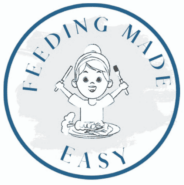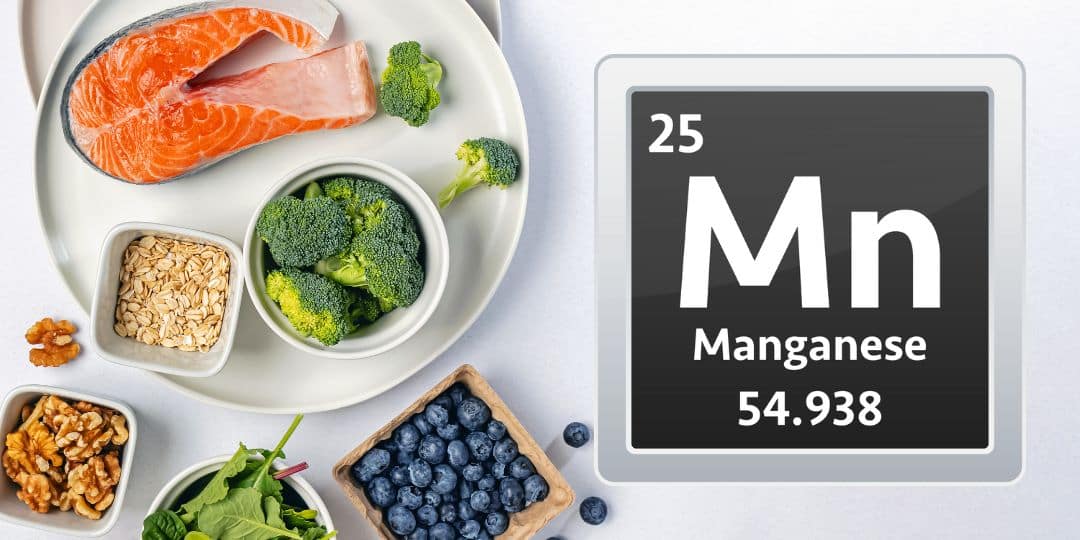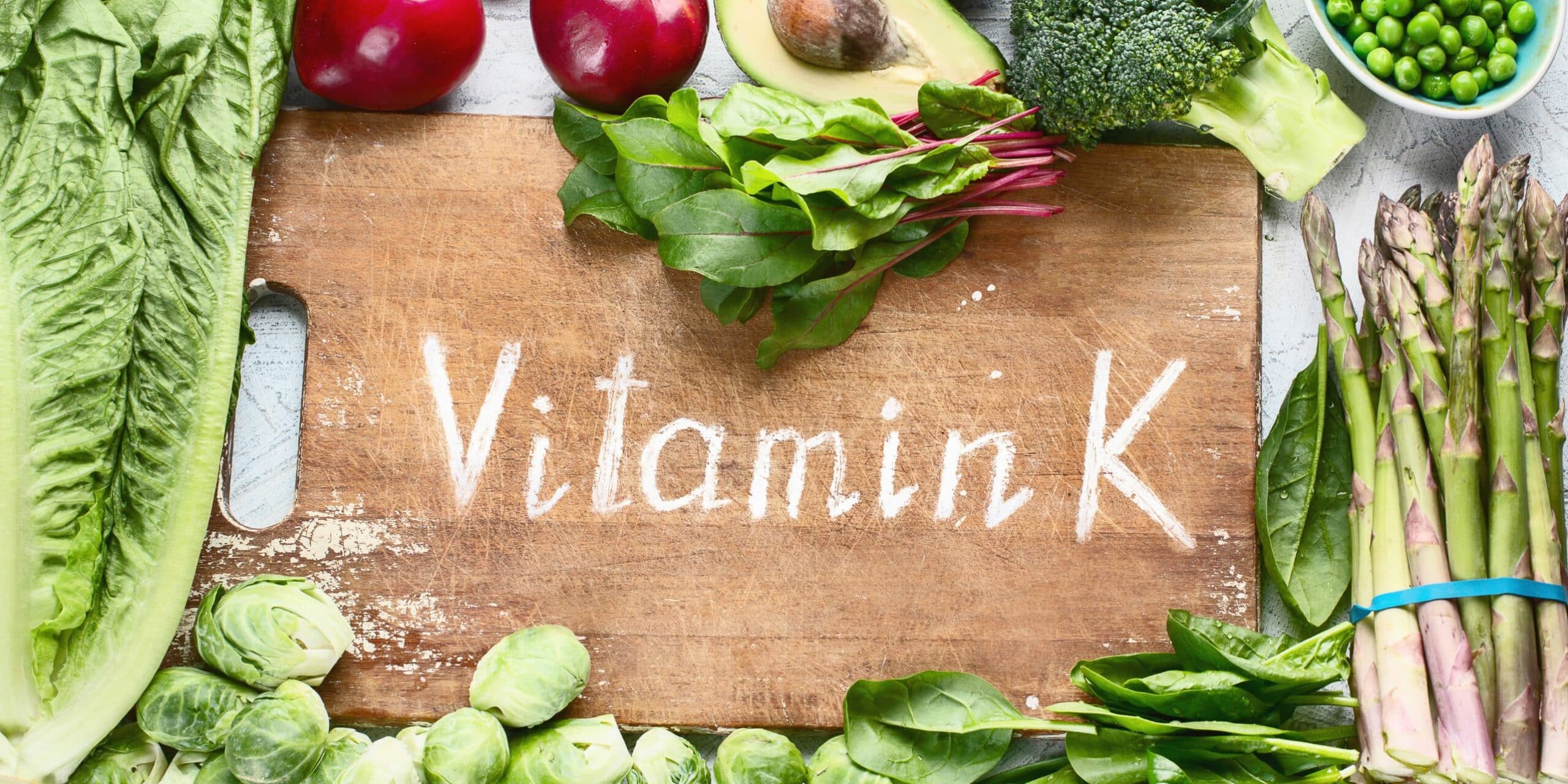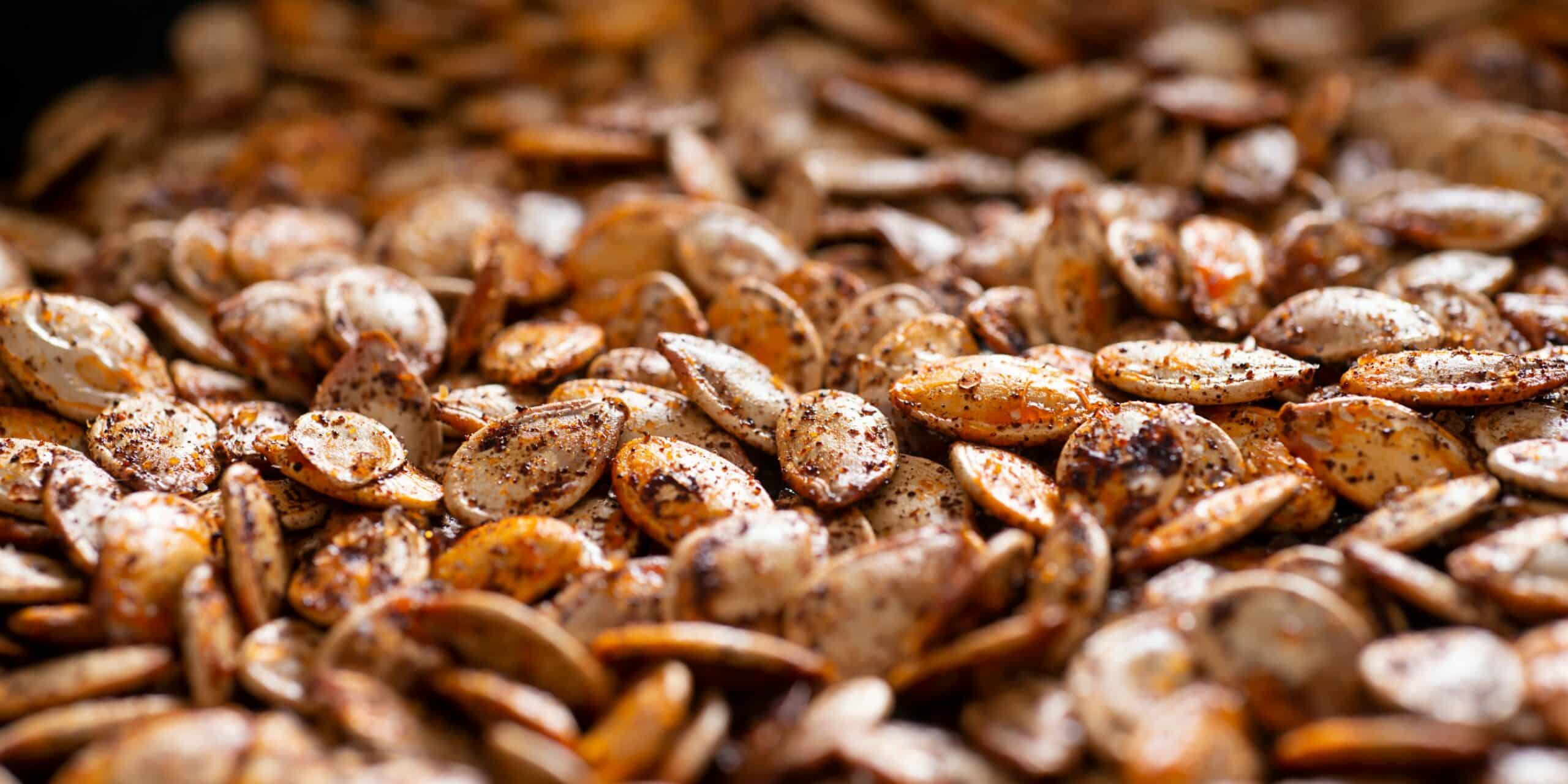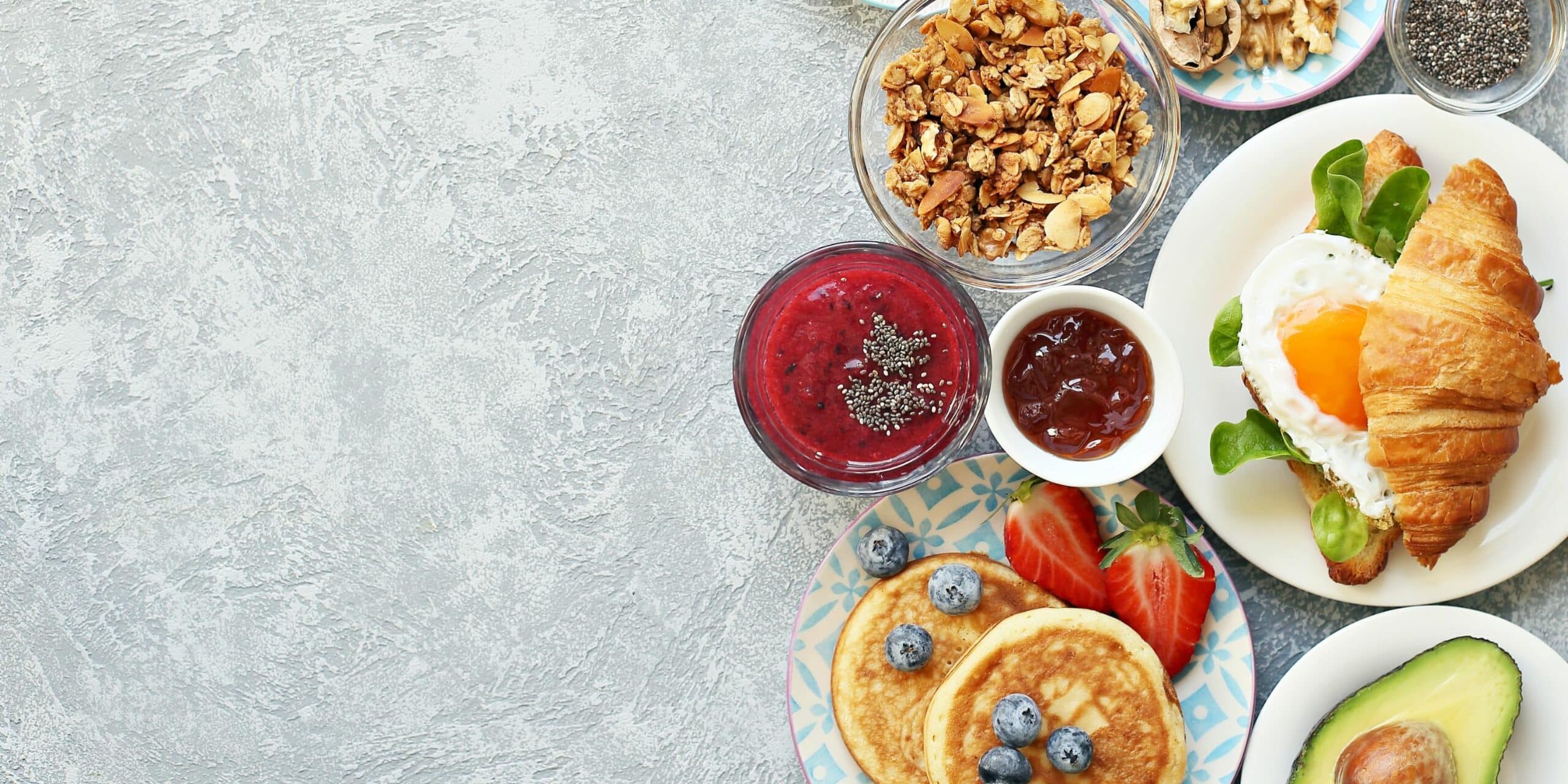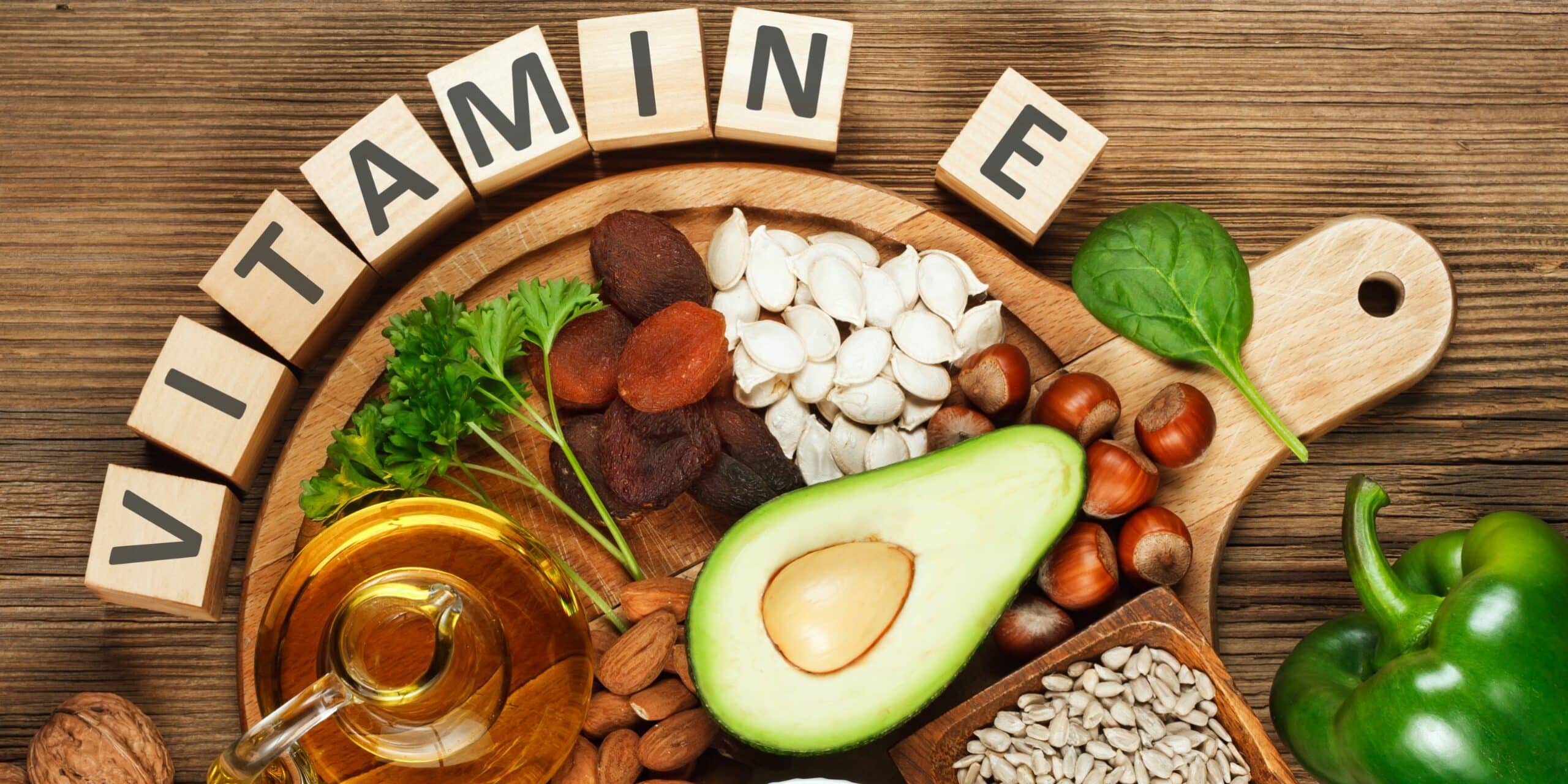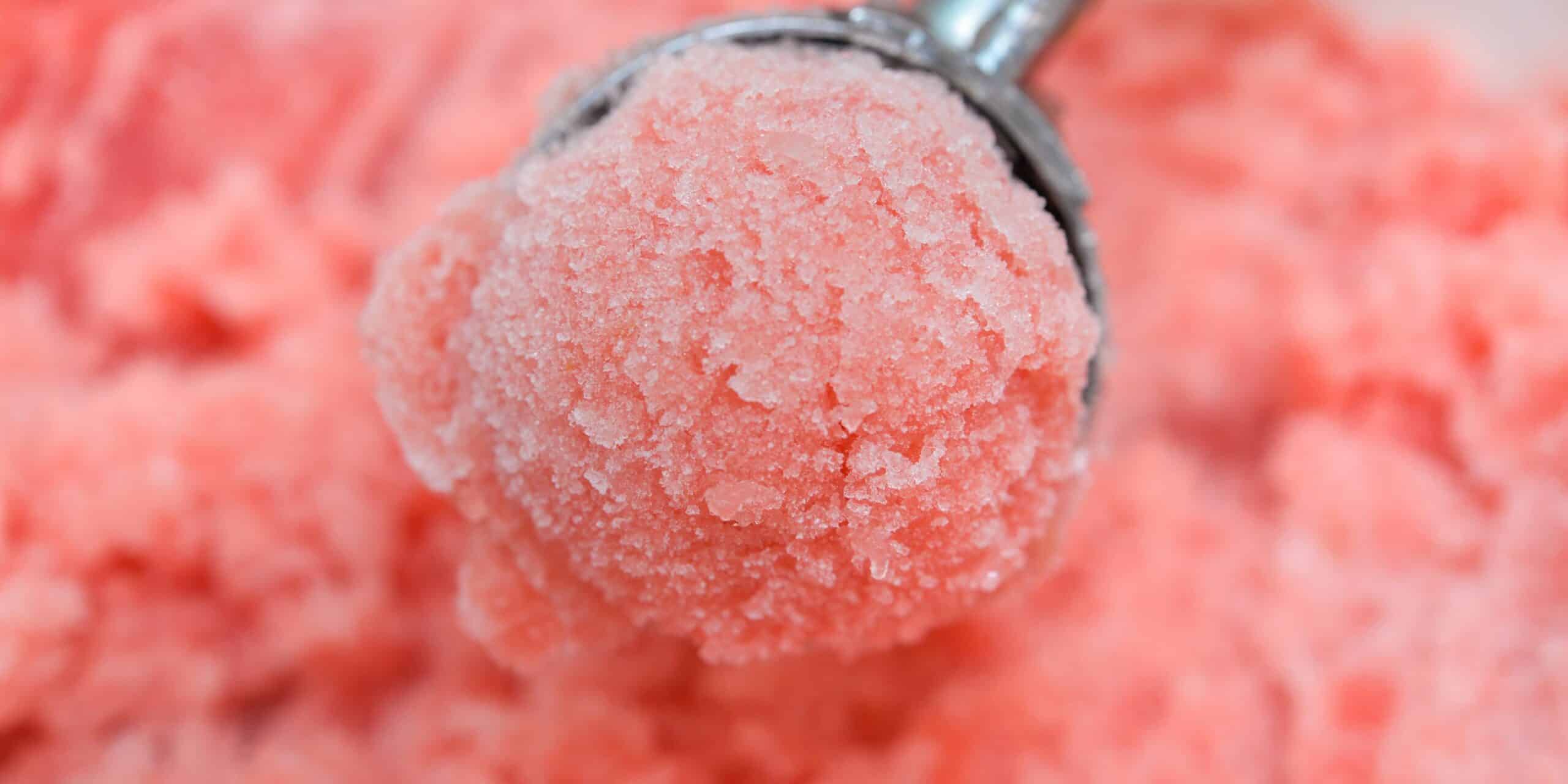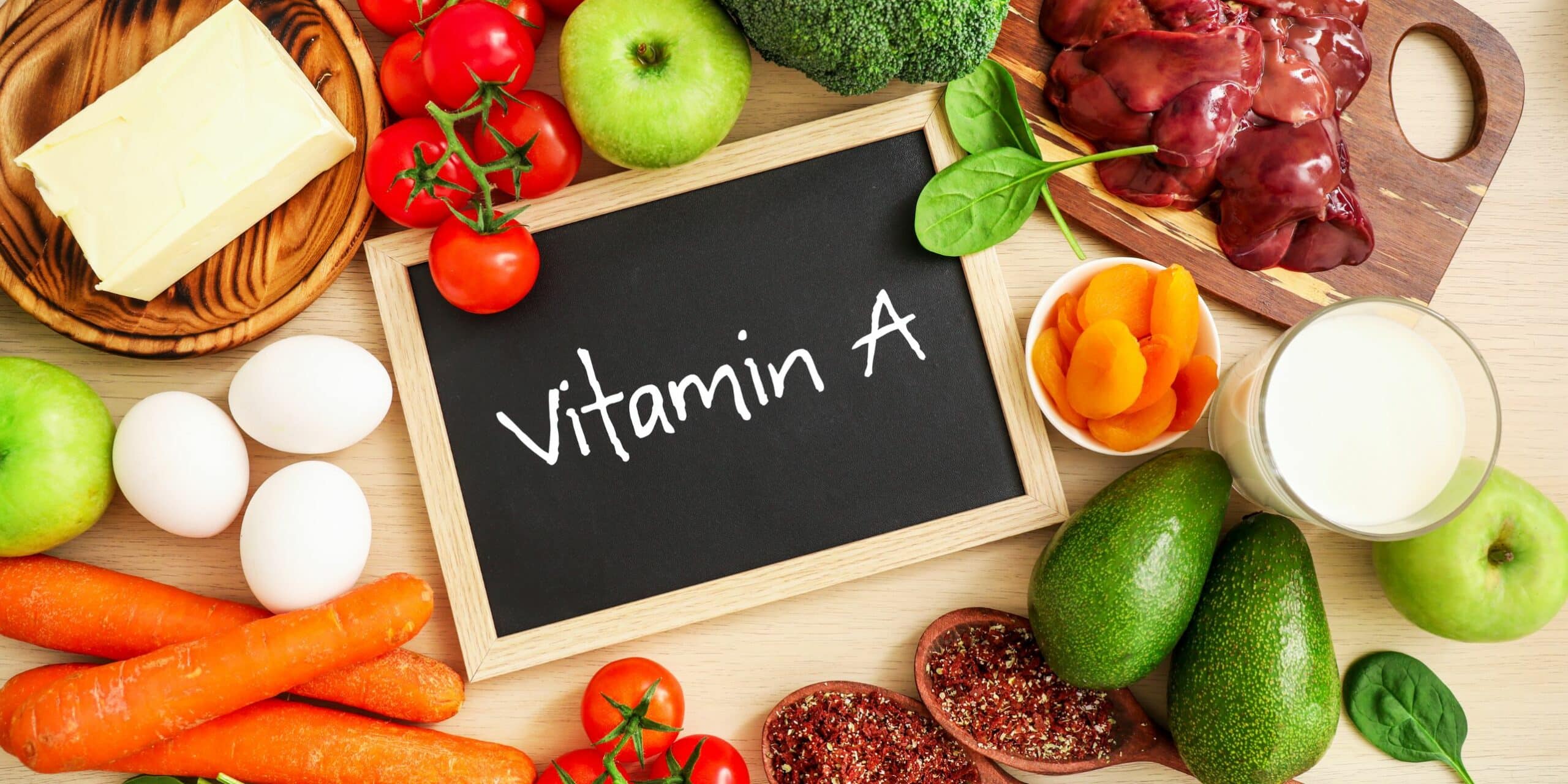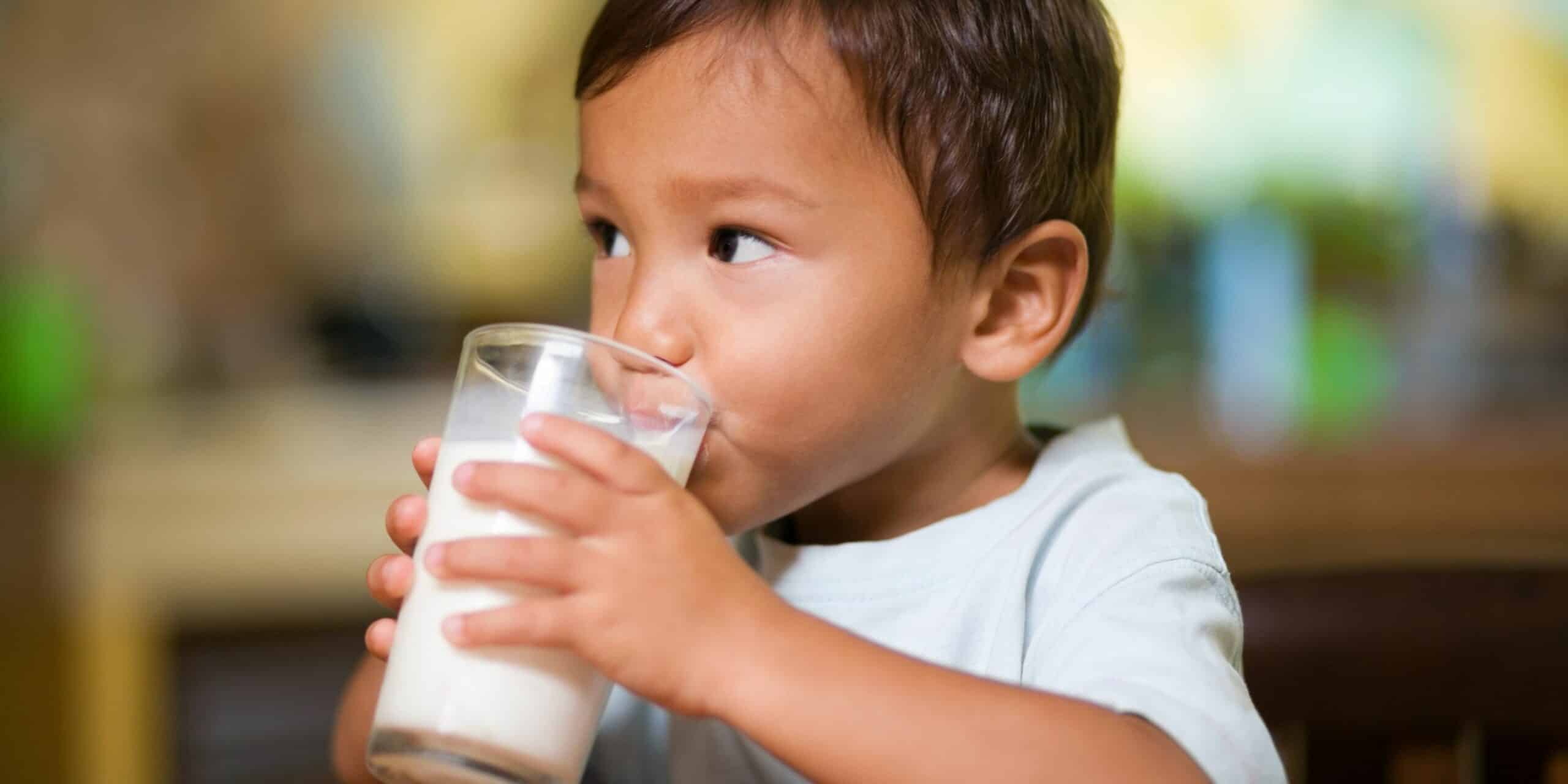Manganese for Kids
Not to be confused with magnesium, manganese is a trace element that our body uses for things like bone health and immune function. Because it is a trace element, our kids do not need much of it to be healthy.
Manganese for Kids Read More »
